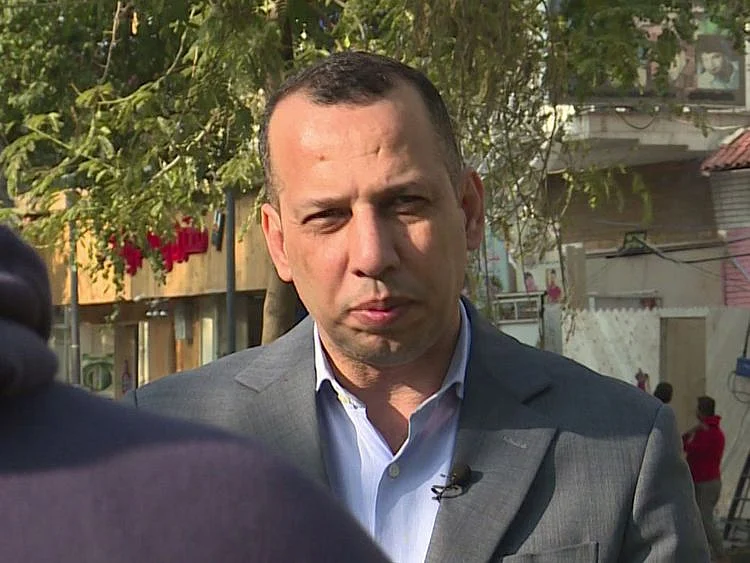Baghdad: Renowned extremism expert Hisham Al Hashemi was shot outside his home in Baghdad on Monday and died shortly thereafter at a local hospital, Iraqi officials told AFP.
Al Hashemi was an authoritative voice on extremist factions including Daesh, but was also frequently consulted by media and foreign governments on domestic Iraqi politics and armed groups.
He had warm ties with top decision-makers, including President Barham Saleh, but was also trusted by rival parties and armed groups, which used him as a mediator.
The investigator assigned to the killing said that Al Hashemi, 47, walked out of his home in east Baghdad and was getting into his car when three gunmen on two motorcycles fired at him from metres away.
Al Hashemi was wounded and ducked behind his car, but the gunmen approached and shot him four times in the head at close range, the investigator said.
A medical source at the hospital confirmed that Al Hashemi had suffered “a hail of bullet wounds in several body parts.”
“He passed away and his body is now in the hospital freezer,” said Saad Maan, head of the ministry’s media relations department.
‘Act of cowardice’
Raised in Baghdad, Al Hashemi published several books on extremism, then went on to work with top research centres including Chatham House in London and most recently the Center for Global Policy in Washington, DC.
He had come out strongly in favour of the popular protests that erupted across Baghdad and Iraq’s Shiite-majority south in October, which had slammed the government as corrupt, inefficient and beholden to neighbouring Iran.
More than 500 people lost their lives in protest-related violence, including several prominent activists who were gunned down in Baghdad, Basra in the south and other cities gripped by the rallies.
High-profile political killings have otherwise been rare in recent years.
But Al Hashemi was no stranger to threats.
In September, anonymous online accounts accused him and a dozen other Iraqi activists, researchers and journalists of “collaborating with Israel.”
In April, he was threatened again by anonymous Twitter users who deemed him too close to the US government.
But his killing has sent shock waves across Iraq.
“Cowards killed my friend and one of the brightest researchers in Iraq, Hisham Al Hashemi. I am shocked,” wrote Harith Hasan, who was an academic researcher before becoming an advisor to Iraq’s current premier.
From protesters and activists to foreign ambassadors and the United Nations, many were quick to mourn him.
“We strongly condemn this despicable act of cowardice,” wrote the UN’s top official in Iraq, Jeanine Hennis-Plasschaert.
“Our heartfelt condolences to his family and loved ones. I call on the government to quickly identify the perpetrators and bring them to justice,” she wrote.
Iraq’s Hashed Al Shaabi, a state-sponsored network of armed factions including many who are close to Iran, published a statement mourning Al Hashemi’s death.
“We demand security forces follow up on this crime and catch the terrorist group that assassinated Hashemi, considered one of the most prominent writers and experts on [Daesh] groups, and who had a huge role in uncovering their secrets,” it said.
Sign up for the Daily Briefing
Get the latest news and updates straight to your inbox
Network Links
GN StoreDownload our app
© Al Nisr Publishing LLC 2026. All rights reserved.
